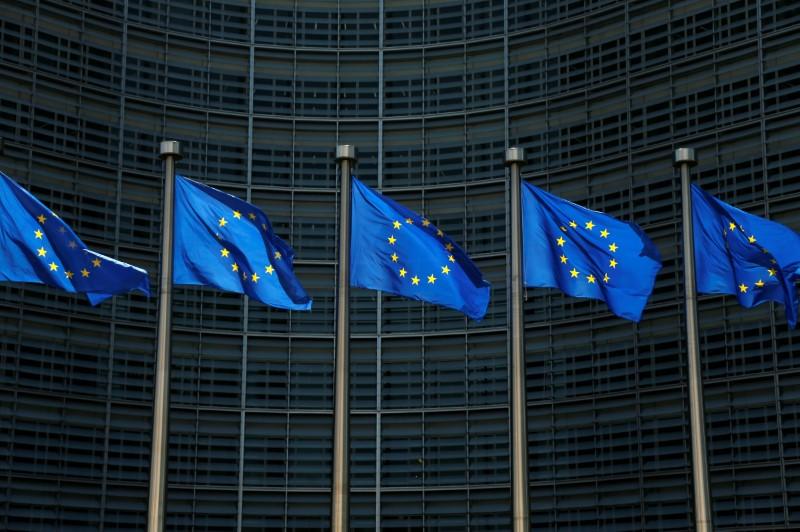
BRUSSELS (Reuters) – The European Commission proposed on Wednesday ideas for deeper euro zone integration in an effort to help unite the broader European Union, as eurosceptic sentiment grows across the EU and Britain prepares to leave the EU in 2019.
The Commission, the EU’s executive arm, presented a package of proposals aimed at giving the 19 countries sharing the euro better protection against future financial crises.
But plans to tighten cooperation among the 19 euro countries have sparked concern among the eight non-euro countries that they will become second-class members of the EU, with less say – and less funds – in the future.
To alleviate those fears, the Commission stressed that all their proposals were open to all EU members, even though that clashes with the thinking of some euro zone leaders, such as French President Emmanuel Macron.
Macron has called for creating a euro zone budget of several hundred billion euros, a euro zone finance minister and a euro zone parliament.
The Commission proposed creating cash incentives for countries for structural reforms and special funds for non-euro economies, all of which – except Denmark – are obligated to adopt the euro at some point, to prepare for euro adoption.
But heavyweight Germany was quick to pour cold water on one key part of the plans putting in doubt just how far they would get.
EURO ZONE “BUDGET”
The Commission backed the idea of setting up what it calls a euro zone “stabilisation function”, because the monetary policy of the European Central Bank cannot deal with economic crises that hit only one or a few countries in the euro zone.
Factbox: EU Commission proposals on euro zone reform
The Commission backed that idea, but said the EMF should become an EU institution, which would be overseen by the European Parliament — an idea officials have said would not fly with governments.
The EMF, which the Commission hopes to get agreement on by mid-2019 from governments and the European Parliament, would also provide a 60 billion-euro backstop for the bank-funded Single Resolution Fund.
The Commission did not address the proposal of Germany and backed by Slovakia and the Netherlands to create a sovereign insolvency mechanism that would put pressure on governments to conduct prudent fiscal policy.
Economists were not impressed with the Commission proposals.
“A first browsing of the documents allows us to conclude that hardly anything will change,” ING economist Carsten Brzeski wrote in a note to clients. “Today’s proposals go in the right direction but are not new and clearly not a game changer.”
 0 comments
0 comments





